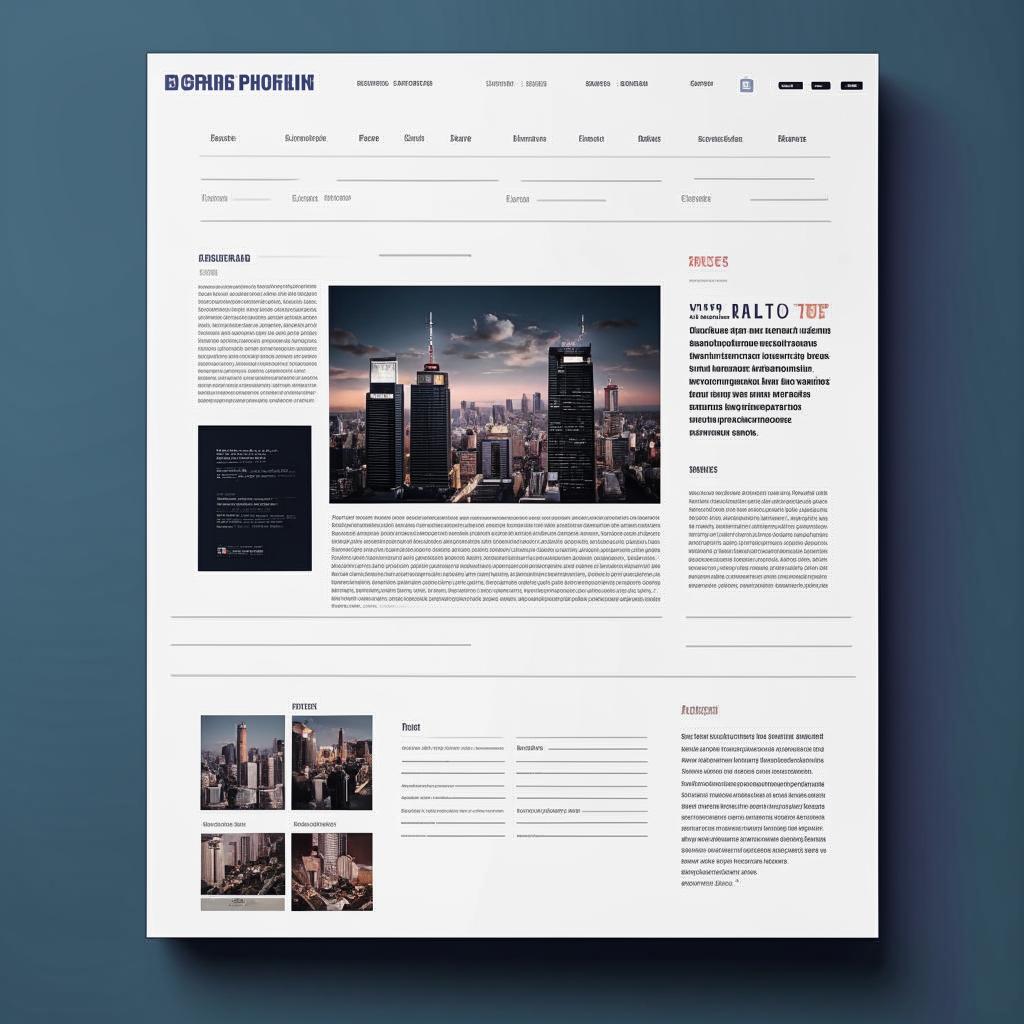In today’s digital age, social media plays a pivotal role in how we connect, communicate, and share our lives. While platforms like Instagram, Twitter, and Facebook offer opportunities for connection, they also raise important questions about their impact on mental health. Recent studies suggest that social media can be a double-edged sword, providing both benefits and challenges for users.
On one hand, social media can foster a sense of community and belonging. For individuals who may feel isolated, online platforms can provide a space to connect with like-minded people, share experiences, and seek support. During the pandemic, for instance, many found solace in virtual gatherings and online friendships, which helped combat feelings of loneliness.
However, the darker side of social media cannot be ignored. Research indicates that excessive use of these platforms can lead to increased feelings of anxiety, depression, and low self-esteem. The constant comparison to curated online personas can create unrealistic expectations and foster feelings of inadequacy. Cyberbullying and online harassment are also significant issues, contributing to negative mental health outcomes for many users.
Experts emphasize the importance of digital literacy and mindful usage of social media. Setting boundaries around screen time, curating feeds to include positive content, and taking breaks from social media can help mitigate its negative effects. Encouraging open conversations about mental health and the challenges of social media can also empower individuals to seek help when needed.
As we navigate this complex landscape, it’s crucial to recognize that social media is not inherently good or bad. Its impact largely depends on how we engage with it. By fostering a healthier relationship with social media, we can harness its positive aspects while minimizing its potential harms.
